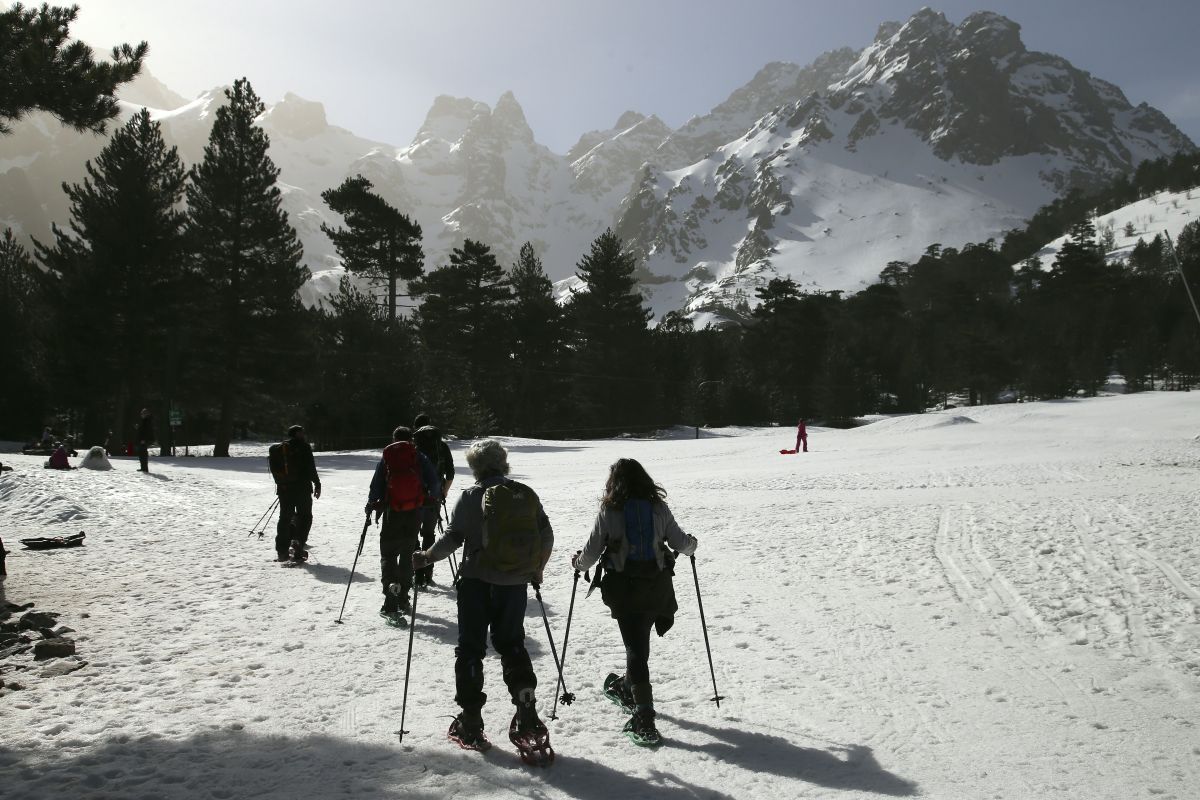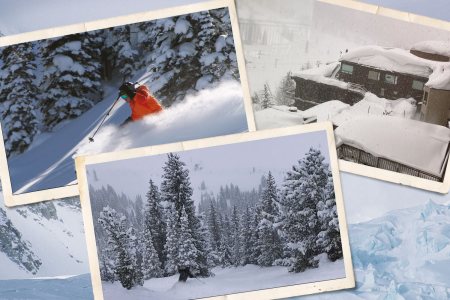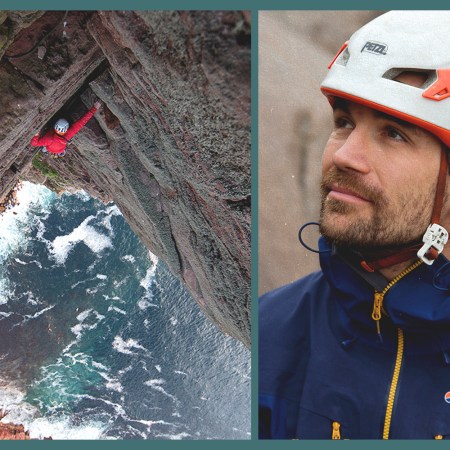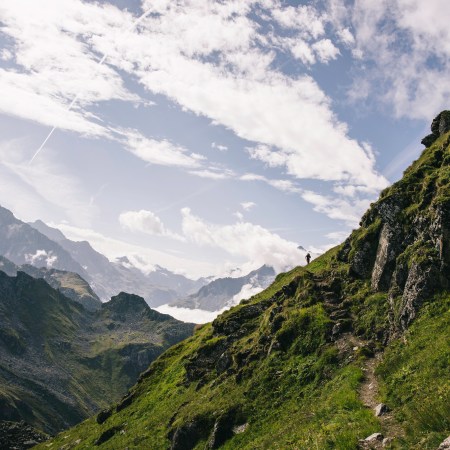Human beings and snowshoes go way back: there are relics of crude frame snowshoes from the glaciers of the Italian Dolomites dating to 3800 BC. We’ve long used various forms of the footwear to “float” atop the snow instead of trudge through it. For millennia, this ability was critical for survival; indigenous peoples, fur trappers, dog sledders and lumberjacks — moving through northern climates from Finland to Colorado — used the webbed attachments to conserve energy, complete tasks and even chase down enemies in the unforgiving snow.
Our modern relationship with snowshoes is less dramatic or dire but absolutely worth preserving, and pursuing, in case you haven’t strapped on a pair in a minute. We walk through some of the key benefits below.
Inside the Wild World of Utah’s Finest Avalanche-Fighters
Remembering the generational “powder panic” that hit Alta and Snowbird last season, from a skier who was interlodged in AprilCardiovascular Benefits
We’ve got a habit here of encouraging readers to go for a walk. We’ve sung the praises of taking weekend “super walks,” walking flights of stairs and prioritizing uneven terrain. Snowshoeing is a bonanza for all of the above yet offers an added element: moving through the snow (even when floating atop it) is an excellent challenge for the body. The snows creates resistance, which amplifies the effort needed — and the muscles engaged — for each step. You have to adopt a wider stance (to accommodate the shoes’ larger surface area) and lift your legs higher, which gets the quads, glutes and hamstrings firing. This will up your heart rate, in kind.
This is where calories meet their maker. Depending on your body profile and the specifics of your snowshoeing adventure (elevation, duration, etc.) you can expect to burn anywhere from 450 to 1,000 calories during a 60-minute session outdoors. That’s akin to jogging or cycling for an hour.
Why We Love It
Snowshoeing is a perfect outdoor activity for a time of year where it’s so easy to get stuck inside, which tends to only compound feelings of seasonal depression. We wrote here how mental benefits start to kick in when you spend up to 45 minutes outside during the coldest months of the year. If you live somewhere with a particularly dark or cold winter, snowshoeing is great on-ramp for the habit.
Assuming there’s snow on the ground, you’d be surprised how easily you can get the activity off the ground, too. You don’t have to drive to a mountain or state park. Just go to an un-shoveled soccer field or a golf course (where you’re confident you won’t get chased off). Walk around for an hour. Snowshoeing is low-impact, easily adaptable to your desired intensity for the day and, most importantly, fun as hell. How often do you get to walk in the footsteps of our wintry forebears?
What Do You Need?
Finally — and critically — snowshoes aren’t that expensive. Pretty much everything is expensive in the winter sports department, but you can pick up a good pair for $150 or less. Some brands bundle trekking poles as well, if that’s your thing, though you can usually get a decent set a la carte for an extra $40. (Definitely get the poles if you’re worried about your balance and anticipate setting out alone.)
There’s an irony that today’s snowshoes — with their lightweight, plastic, synthetic decking and metal crampons — would’ve been a literal lifesaver back in the day. And we’re using them to breathe in some fresh air and maybe spot a bird or two. But that’s okay. Instead of feeling guilty, let’s feel grateful this winter and get out in the snow.
Whether you’re looking to get into shape, or just get out of a funk, The Charge has got you covered. Sign up for our new wellness newsletter today.



















